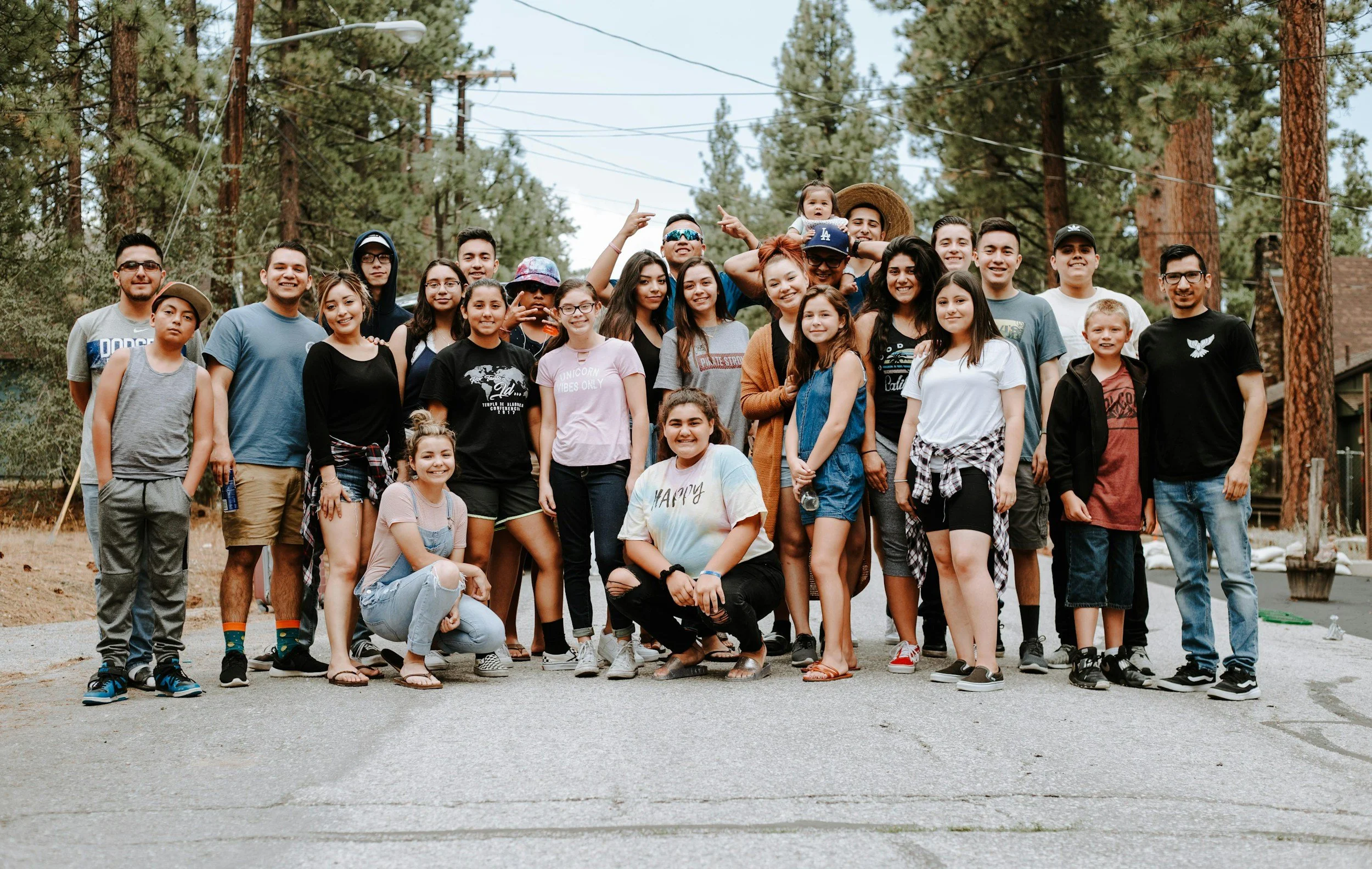How We Find Our People
Who are your people?
We ask that question casually—at parties, in new jobs, or when we move to a new city. But underneath it is something deeper: we’re all looking for connection. Belonging. A sense of who we are and where we fit.
For most of history, “our people” were just… our people. Family. Clan. Tribe. Language group. Religious community. Our identities were often handed to us at birth and expected to remain mostly fixed. Where you were born, what language you spoke, even what foods you ate told others who you were.
But something is changing.
Thanks to global migration, the internet, urban life, and evolving social norms, our identities have become more fluid. We move across borders. We join digital communities. We find belonging in fan groups, fitness classes, coworking spaces, and book clubs. We assemble tribes—not by blood or birthplace—but by affinity and shared experience.
In sociology and anthropology, we’re seeing a shift from “deterministic” views of identity (you are what your birth group says you are) to “constructivist” ones (you are who you grow, choose, and connect with). And while that might sound academic, it’s happening all around us, every day.
A gamer in Nairobi might feel more connected to a player in São Paulo than to the people on her street. A tattooed barista in Portland might feel more understood at a comic convention than in his family’s church. A young entrepreneur in Mexico City might be part of multiple overlapping networks—none of which are defined by language or ethnicity alone.
This isn’t just interesting; it’s important. The way we group ourselves shapes how we see the world—and how the world sees us. It influences what ideas we’re open to, who we trust, and even how we imagine change.
For people of faith like me, this shift invites both curiosity and reflection. If our calling is to love our neighbors, we need to be better at seeing who our neighbors actually are—and how they see themselves.
Belonging is still essential. But the ways we find it have changed.
So ask yourself:
Who are your people?
Who do you trust?
Who do you influence—and who influences you?
I’m exploring these questions more deeply: how we form social groups, how ideas spread between them, and what it means to live meaningfully in a world where identity is no longer static.
Wherever you are, whatever circles you run in—you’re invited.


